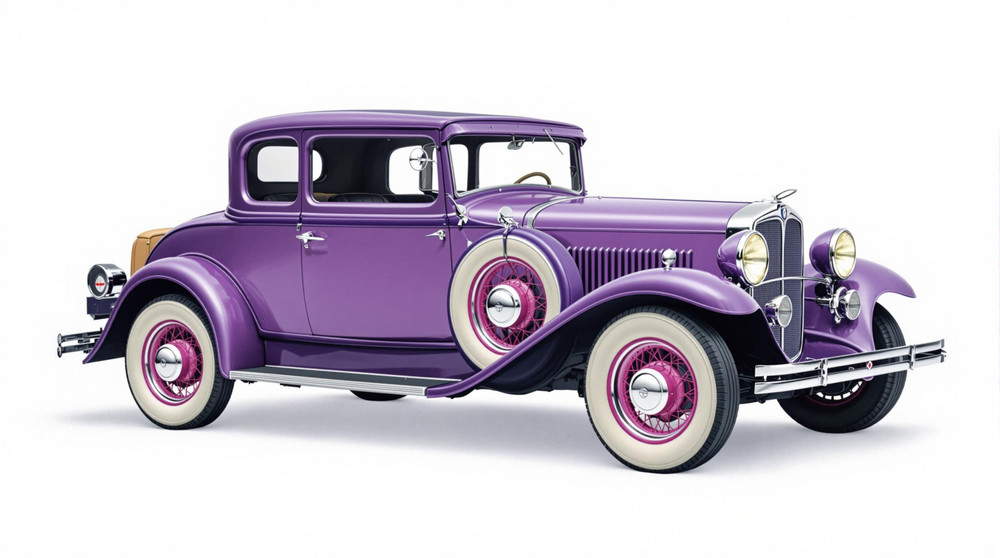Image of 1931 Studebaker Six Model 53, Note: These illustrations use artistic license and may differ from actual historical models.
Performance Metrics
Fundamental Metrics
Emotional Appeal
MMP Rating
| Engine Specifications | |
|---|---|
| Engine: | Inline 6 |
| Displacement: | 205 cubic inches |
| Horsepower: | Estimated 70 HP |
| Torque: | Not available |
| Compression Ratio: | Not available |
| Ignition System: | Distributor and coil |
| Cooling System: | Water-cooled |
| Performance Specifications | |
| 0-60 Time: | Not available |
| 1/4 Mile Time: | Not available |
| Top Speed: | 60 mph |
| Transmission and Drive | |
| Drive Type: | Rear-wheel drive |
| Transmission Type: | 3-speed manual |
| Fuel and Efficiency | |
| Fuel System Type: | Carburetor |
| MPG: | Not available |
| Dimensions and Brakes | |
| Brakes: | Mechanical drum brakes |
| Wheelbase: | 114 inches |
| Weight: | 2,700 lbs |
Note: Specifications for classic cars are given to the best of our ability, considering the limited and variant data available.
The 1931 Studebaker Six Model 53: A Testament to Innovation and Elegance
Stepping into the limelight during an era of remarkable automotive evolution, the 1931 Studebaker Six Model 53 emerged as a paragon of style and engineering. Crafted by the venerable Studebaker Corporation, known for its commitment to quality since the days of horse-drawn carriages, this vehicle was not just a mode of transportation; it was a statement. At a time when the world was grappling with economic turmoil, the Model 53 stood as a beacon of hope and progress, showcasing what American ingenuity could achieve.
Design and Innovation
The exterior of the Studebaker Six Model 53 was a symphony of sweeping lines and bold contours, an embodiment of the art deco movement that defined the era's aesthetic. The car's imposing grille and elegantly rounded fenders commanded attention, while its poised stance suggested motion even at a standstill. Inside, passengers were enveloped in luxury, with high-quality fabrics and meticulously crafted wood accents. Technologically, it boasted advancements such as advanced suspension systems for a smoother ride and an electrical system that was ahead of its time.
Color options for the Model 53 ranged from deep blues to rich maroons, with black remaining a perennial favorite for its timeless elegance. Among the various body styles available—the sedan, coupe, and roadster—it was perhaps the roadster that captured hearts with its sporty allure and open-air freedom.
Historical Significance
The Studebaker Six Model 53 didn't just turn heads; it turned the tide in automotive design. Its blend of affordability and luxury set new standards in value-for-money propositions. The car's influence stretched beyond its own production line, inspiring competitors to elevate their offerings and contributing to a broader democratization of luxury in the automotive industry.
Performance and Handling
Underneath its stylish hood, the Model 53 housed an engine that delivered commendable performance for its time. While top speed figures may not rival modern machines, it held its own with grace and poise on roads less forgiving than today's tarmac. The ride quality was lauded for its comfort—a testament to Studebaker's engineering prowess—and drivers often spoke fondly of the melodious hum of its powerplant and the tactile feedback through its steering wheel.
Ownership Experience
Owners of the 1931 Studebaker Six Model 53 enjoyed a vehicle that served multiple purposes—from daily commuting to leisurely Sunday drives and even occasional racing exploits. Maintenance was straightforward by contemporary standards, endearing it to those who preferred to tinker under the bonnet themselves.
Fun Facts
The Studebaker Six Model 53 has been linked with historical figures and has made cameos in period films, further cementing its cultural legacy. While some critics may have pointed out limitations compared to European marques, these were often overshadowed by the car's charm and reliability.
Collector's Information
Today, a well-preserved 1931 Studebaker Six Model 53 can fetch a handsome sum in the collector's market. With production numbers not as high as mass-produced models of that era, finding one can be akin to discovering hidden treasure. Prices vary widely based on condition but expect values to generally appreciate over time as more enthusiasts seek out these icons of American automotive history.
Conclusion
The 1931 Studebaker Six Model 53 is more than just an antique; it's a rolling testament to an age where style met substance on equal terms. For those lucky enough to behold or better yet, drive one today—it offers an unfiltered glimpse into a bygone era of automotive excellence.
1931 Studebaker Six Model 53 Catalog of Parts
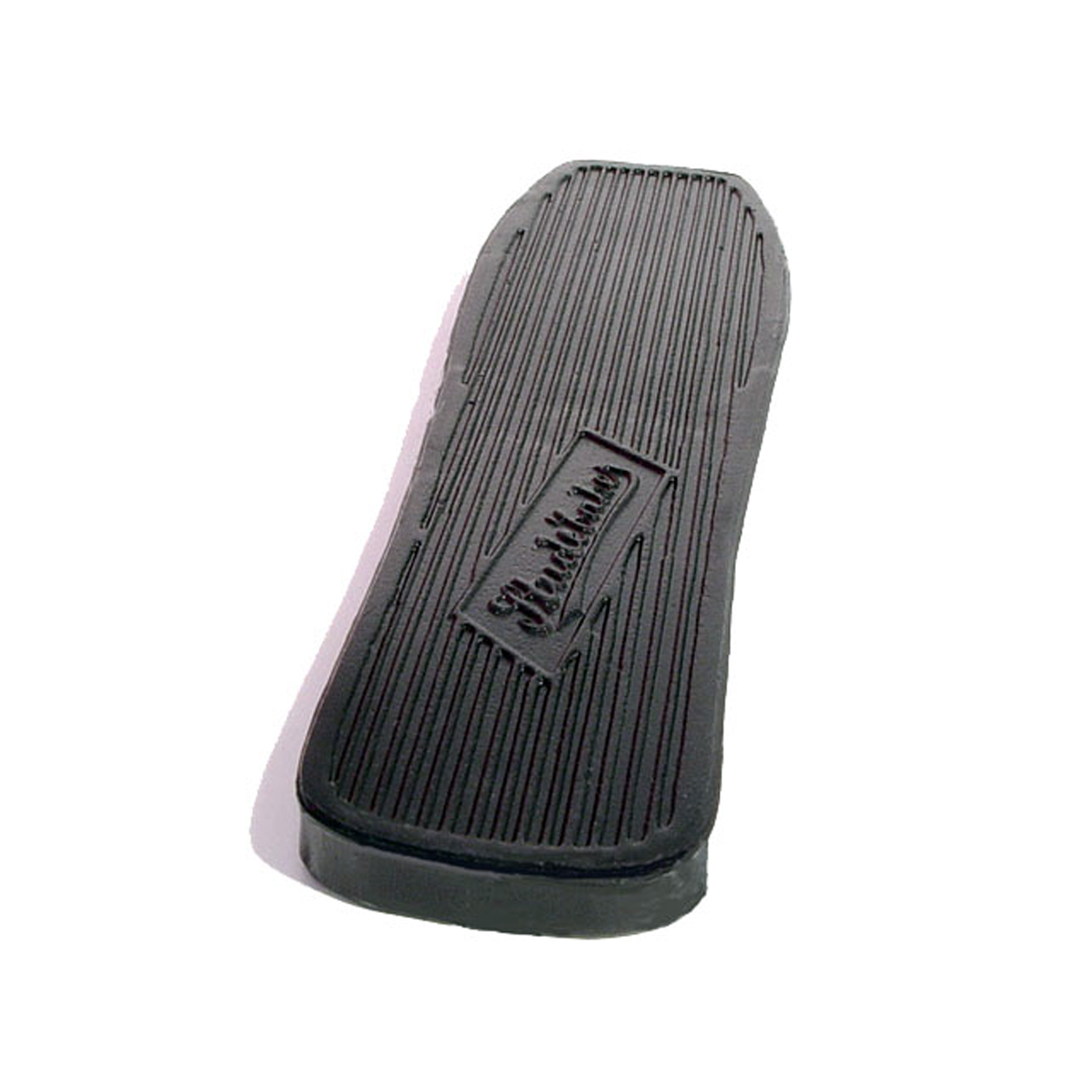 1931 Studebaker Six Model 53 Accelerator Pedal Pad, 2-3/8" X 9", Each-AP 22Accelerator Pedal Pad, 2-3/8" X 9", Each
1931 Studebaker Six Model 53 Accelerator Pedal Pad, 2-3/8" X 9", Each-AP 22Accelerator Pedal Pad, 2-3/8" X 9", Each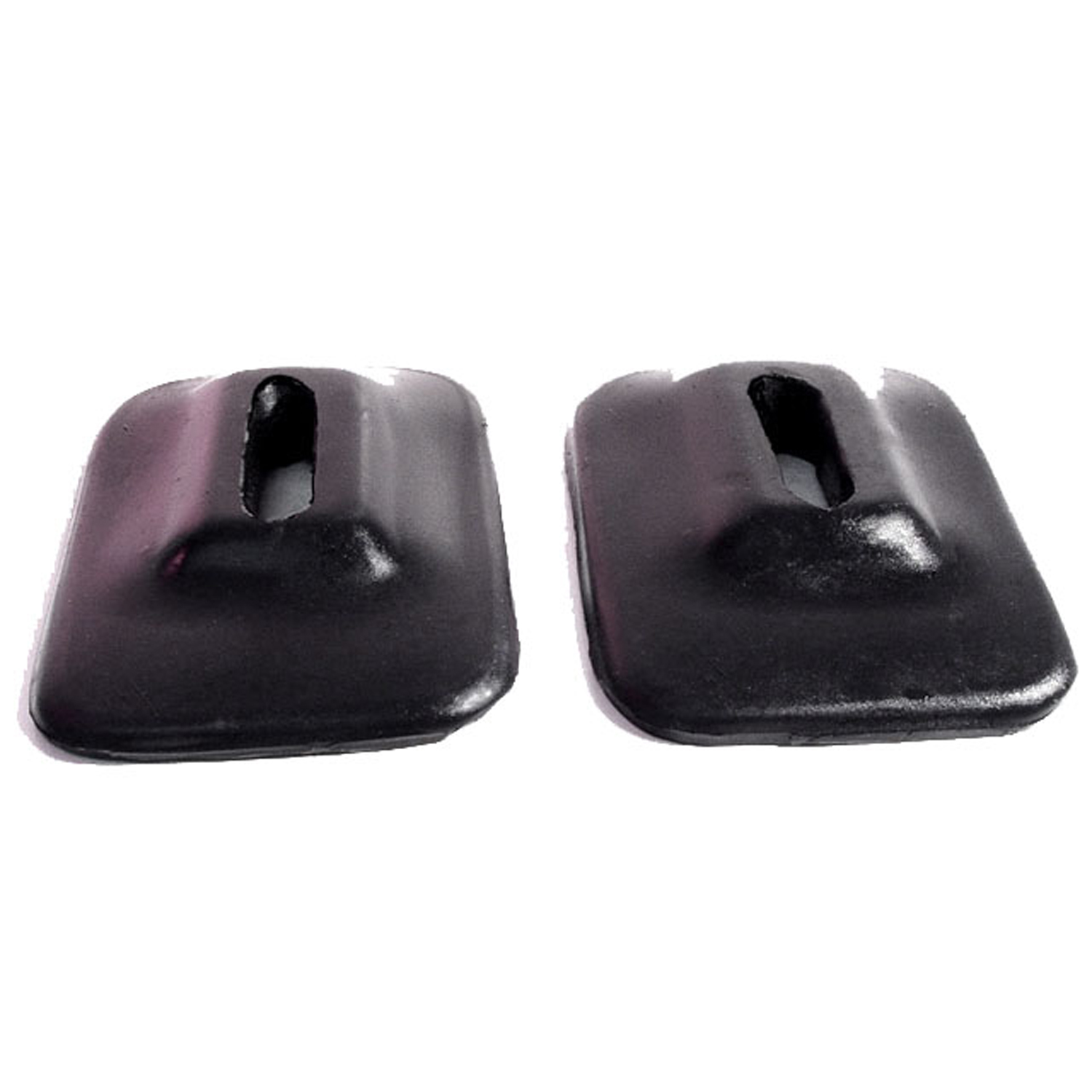 1931 Studebaker Six Model 53 Front and Rear Bumper Arm Grommets-BG 45Front and Rear Bumper Arm Grommets. 2-3/4" wide X 4-1/8" long, with 1-5/8" long inner slot. Pair
1931 Studebaker Six Model 53 Front and Rear Bumper Arm Grommets-BG 45Front and Rear Bumper Arm Grommets. 2-3/4" wide X 4-1/8" long, with 1-5/8" long inner slot. Pair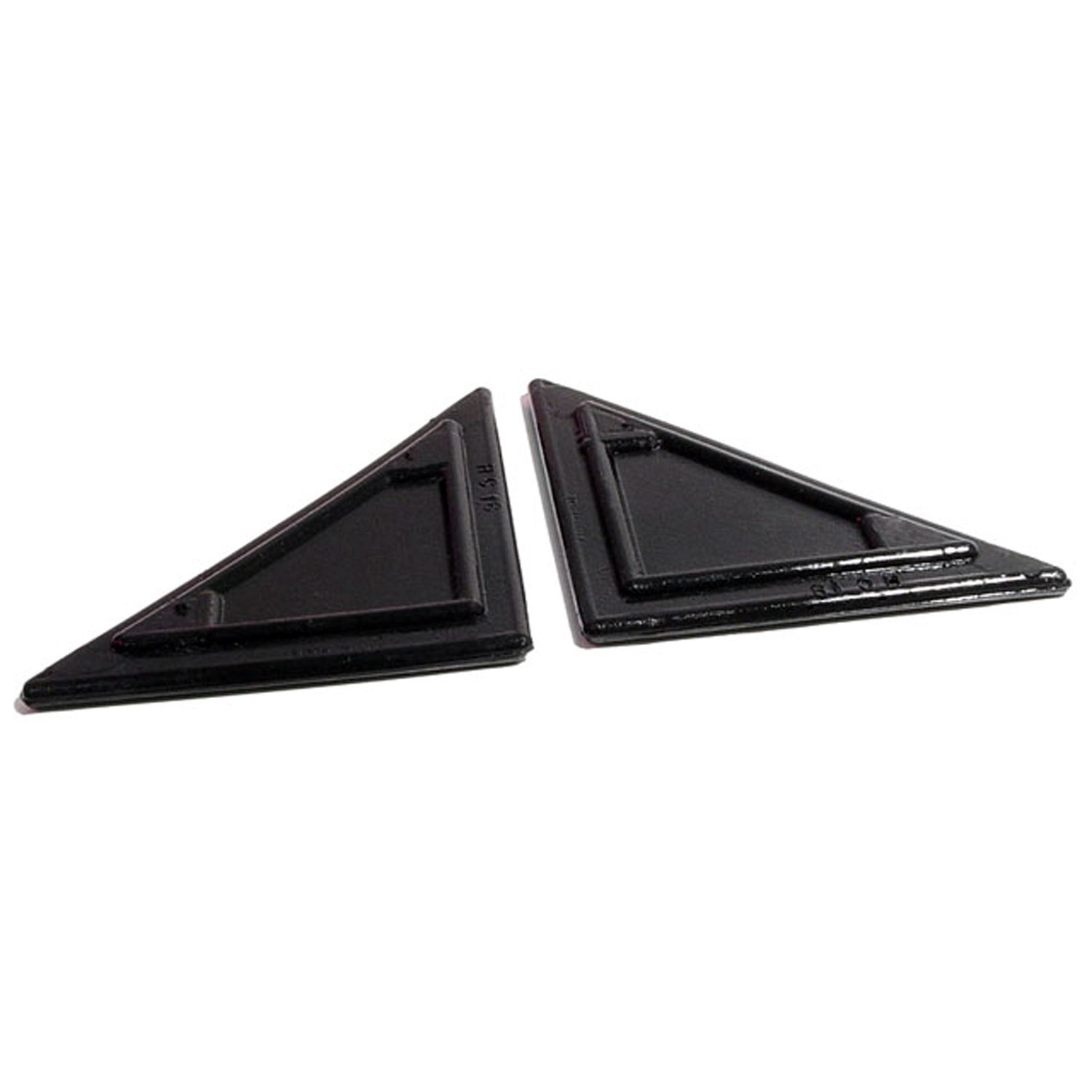 1931 Studebaker Six Model 53 Hood Corners. Original design. 2-3/4" wide. Pair-HC 18Hood Corners. Original design. 2-3/4" wide. Pair
1931 Studebaker Six Model 53 Hood Corners. Original design. 2-3/4" wide. Pair-HC 18Hood Corners. Original design. 2-3/4" wide. Pair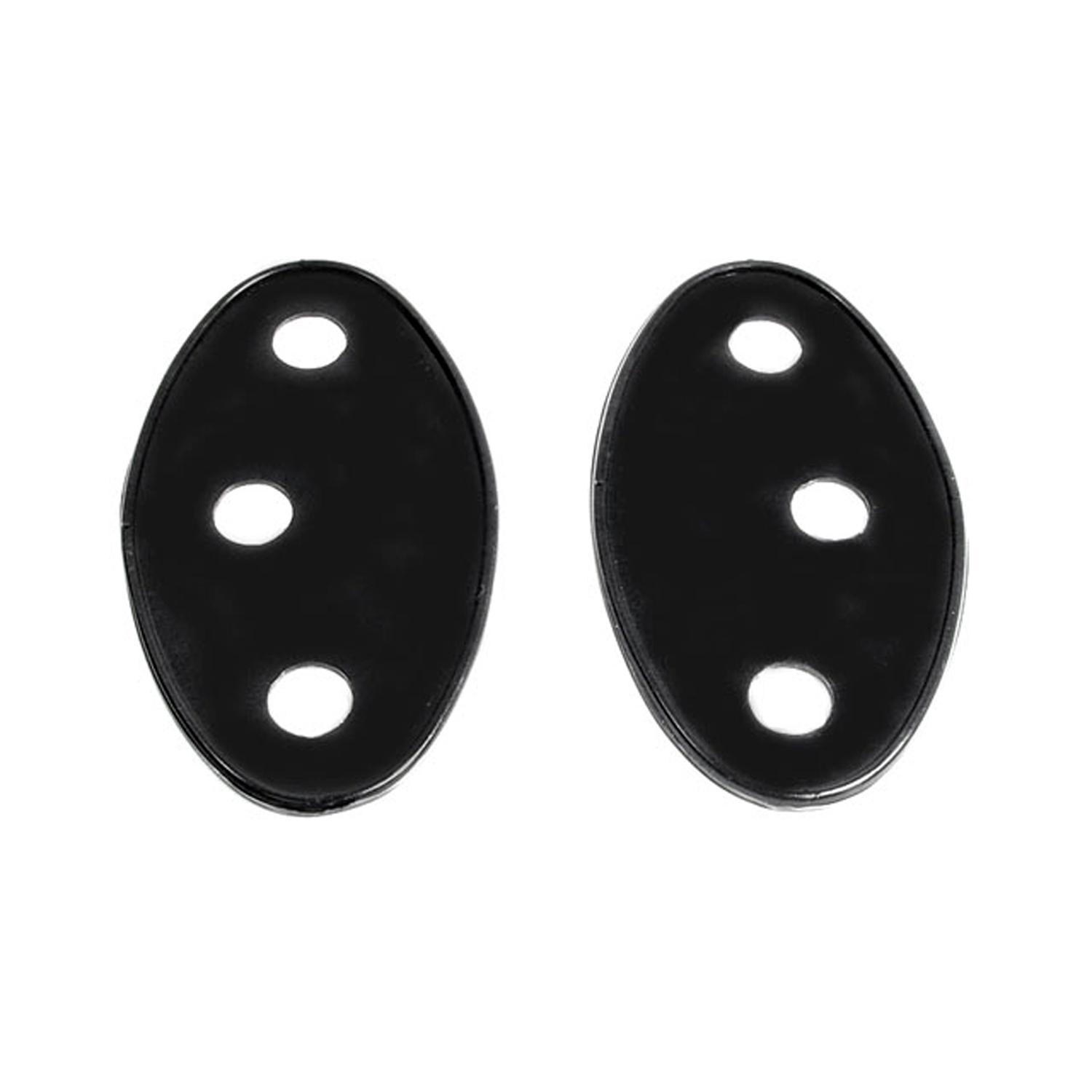 1931 Studebaker Six Model 53 Headlight Bracket Pads. 2-3/4" wide X 5" long. Pair-MP 960Headlight Bracket Pads. 2-3/4" wide X 5" long. Pair
1931 Studebaker Six Model 53 Headlight Bracket Pads. 2-3/4" wide X 5" long. Pair-MP 960Headlight Bracket Pads. 2-3/4" wide X 5" long. Pair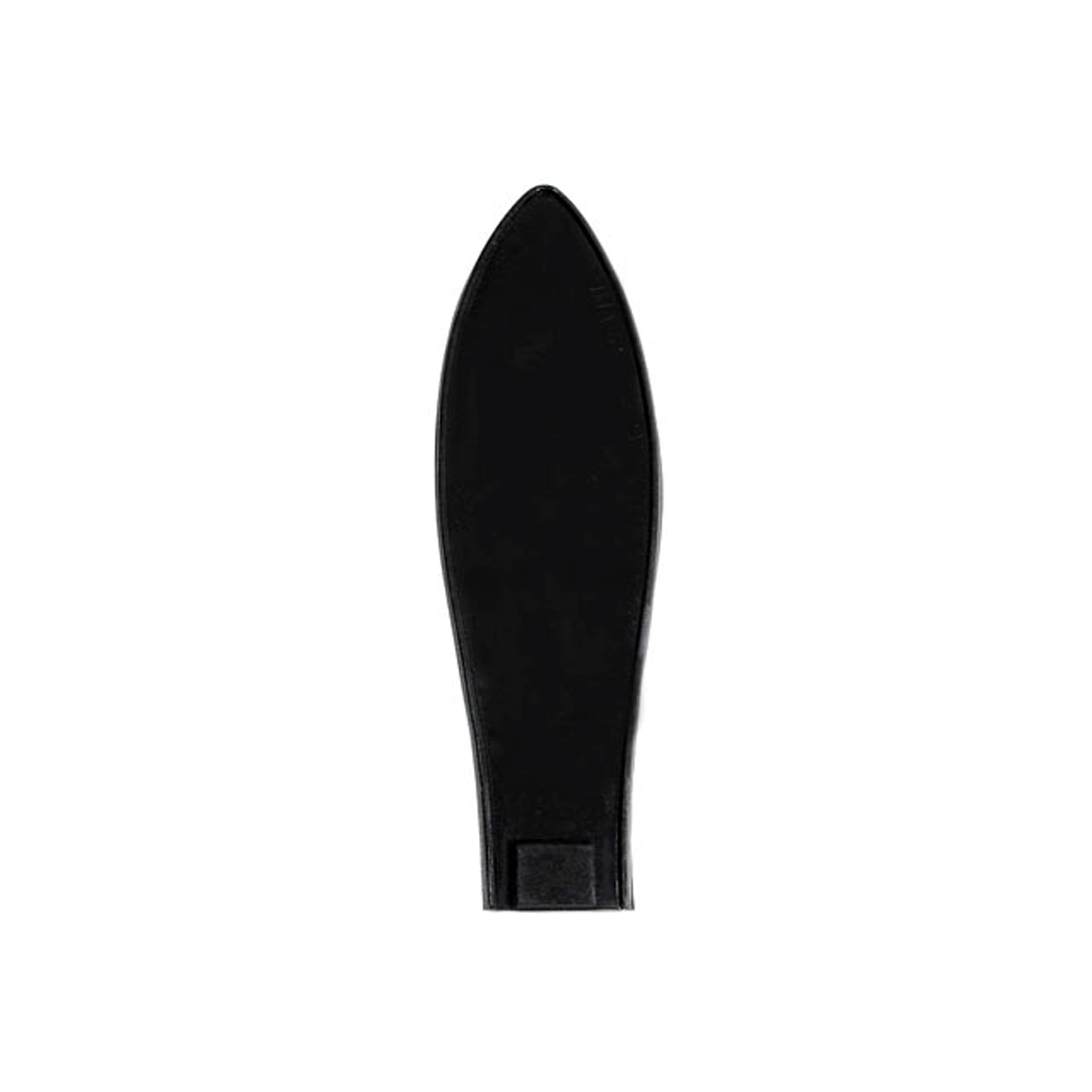 1931 Studebaker Six Model 53 Side Mount Clamp Pad. 2-5/8" wide X 9-1/4" long. Each-MP 962Side Mount Clamp Pad. 2-5/8" wide X 9-1/4" long. Each
1931 Studebaker Six Model 53 Side Mount Clamp Pad. 2-5/8" wide X 9-1/4" long. Each-MP 962Side Mount Clamp Pad. 2-5/8" wide X 9-1/4" long. Each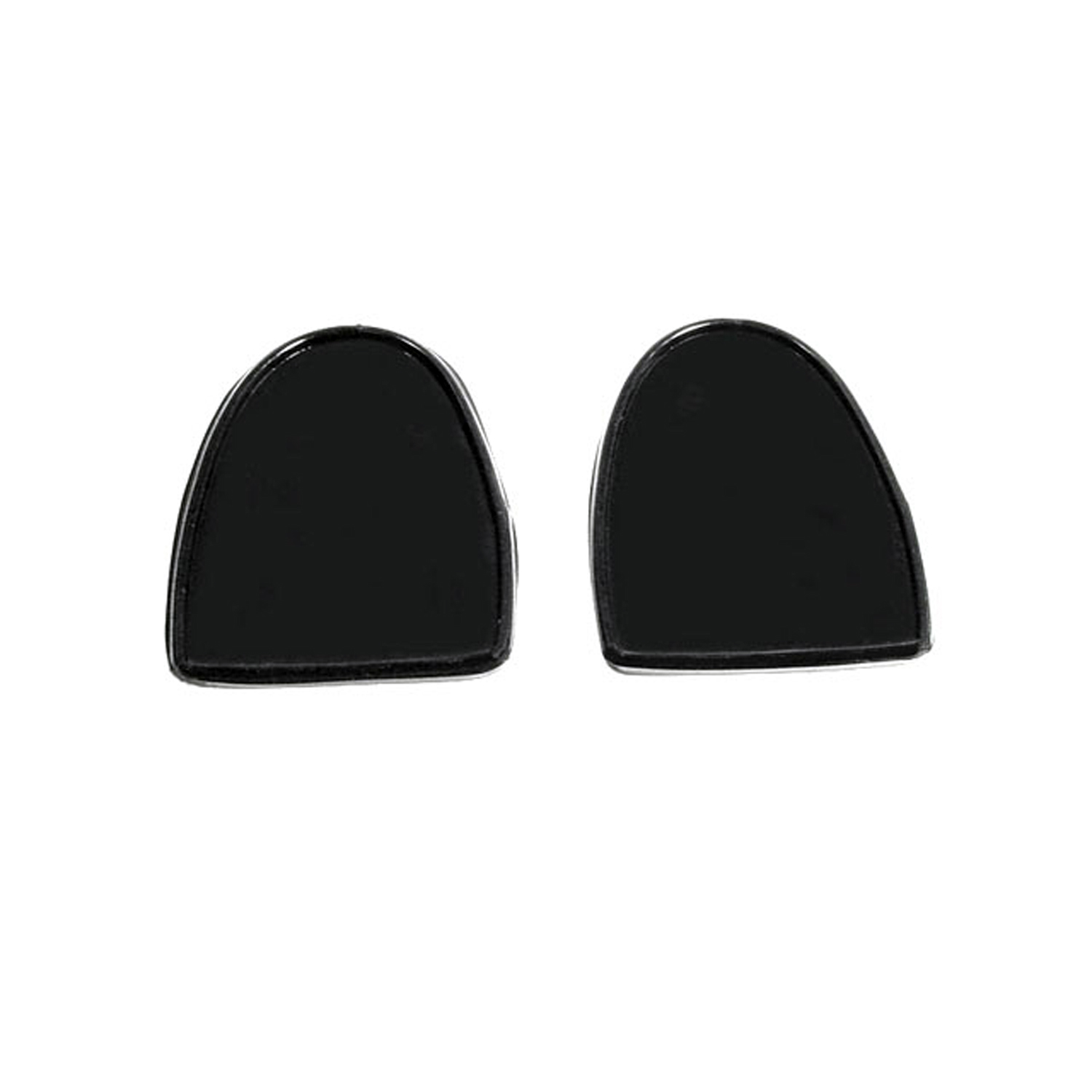 1931 Studebaker Six Model 53 Tail-light Pads. 2-1/2" wide X 3-1/4" long. Pair-MP 970Tail-light Pads. 2-1/2" wide X 3-1/4" long. Pair
1931 Studebaker Six Model 53 Tail-light Pads. 2-1/2" wide X 3-1/4" long. Pair-MP 970Tail-light Pads. 2-1/2" wide X 3-1/4" long. Pair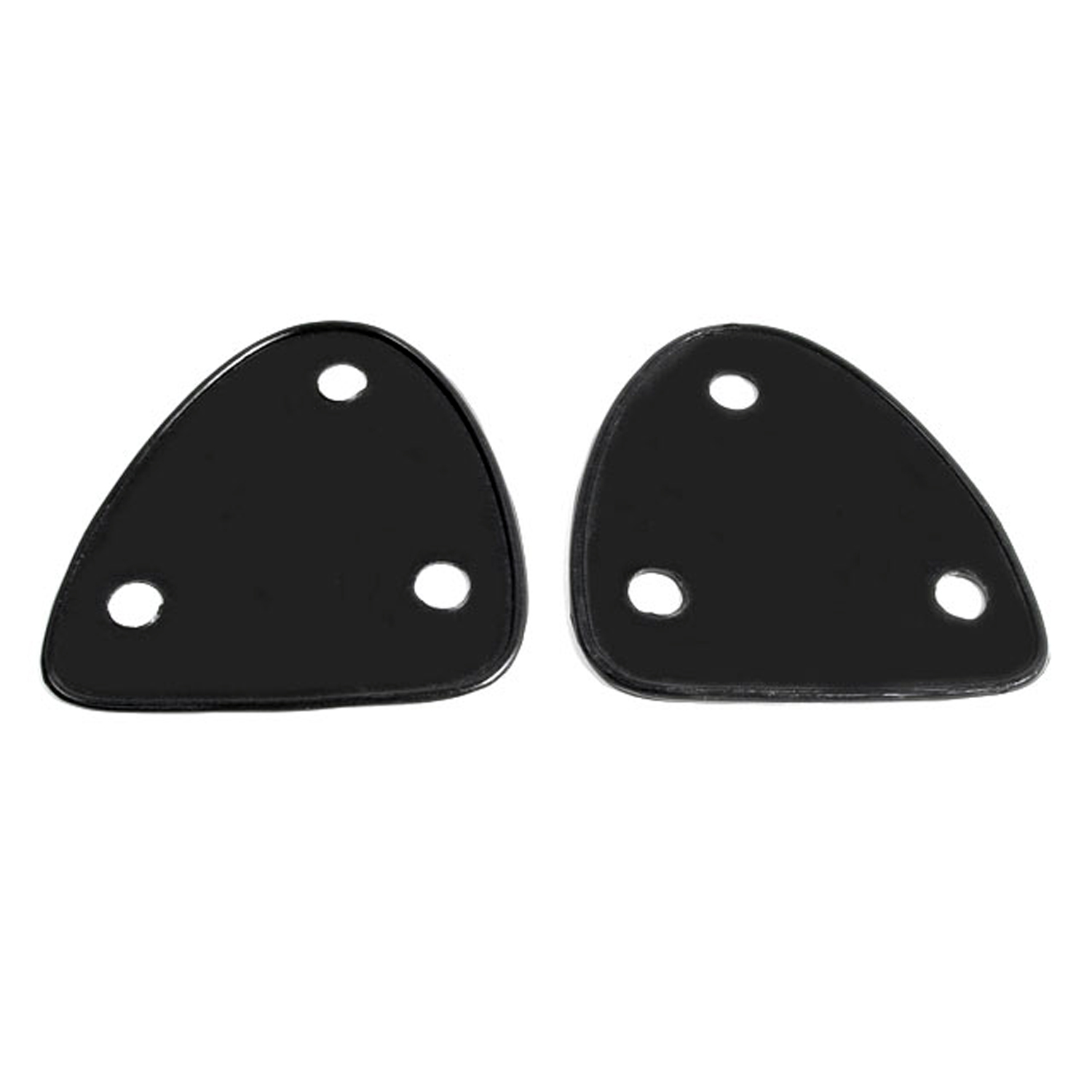 1931 Studebaker Six Model 53 Headlight Pads. 4-1/2" wide X 4-5/8" long. Pair R&L-MP 973Headlight Pads. 4-1/2" wide X 4-5/8" long. Pair R&L
1931 Studebaker Six Model 53 Headlight Pads. 4-1/2" wide X 4-5/8" long. Pair R&L-MP 973Headlight Pads. 4-1/2" wide X 4-5/8" long. Pair R&L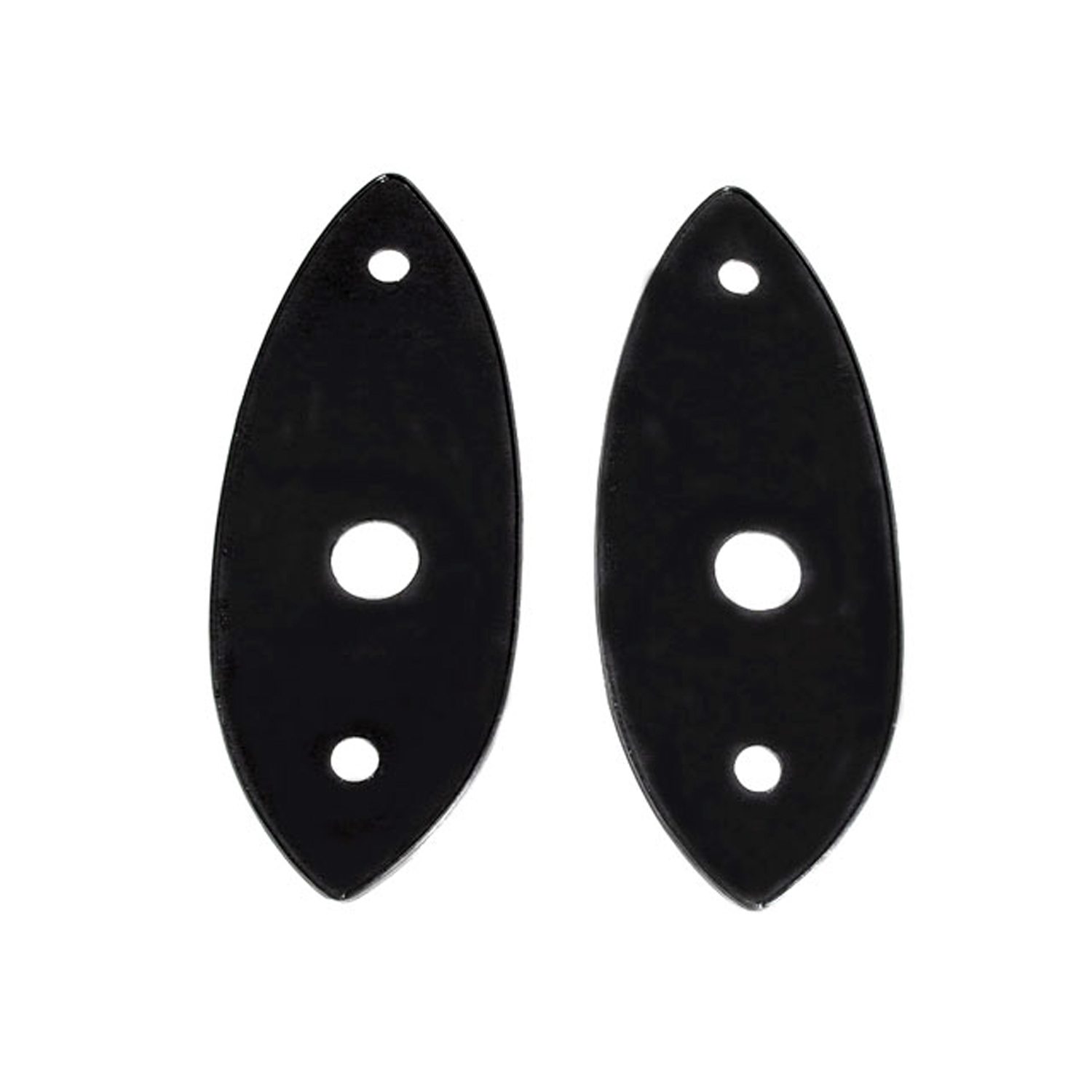 1931 Studebaker Six Model 53 Park Light Pads. 3-1/4" wide X 8-1/2" long. Pair-MP 980Park Light Pads. 3-1/4" wide X 8-1/2" long. Pair
1931 Studebaker Six Model 53 Park Light Pads. 3-1/4" wide X 8-1/2" long. Pair-MP 980Park Light Pads. 3-1/4" wide X 8-1/2" long. Pair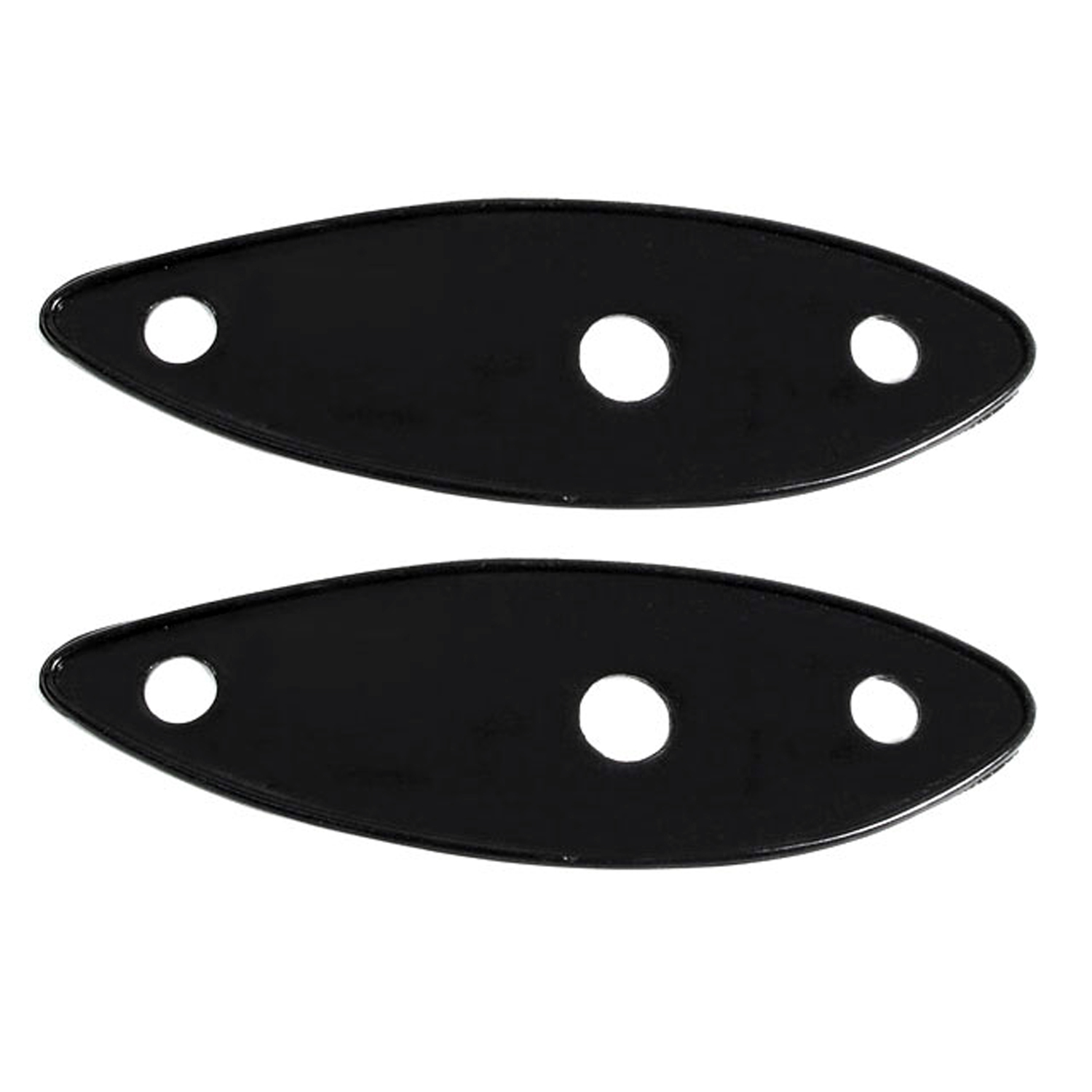 1931 Studebaker Six Model 53 Park Light Pads. 2-3/4" wide X 8-3/8" long. Pair-MP 990Park Light Pads. 2-3/4" wide X 8-3/8" long. Pair
1931 Studebaker Six Model 53 Park Light Pads. 2-3/4" wide X 8-3/8" long. Pair-MP 990Park Light Pads. 2-3/4" wide X 8-3/8" long. Pair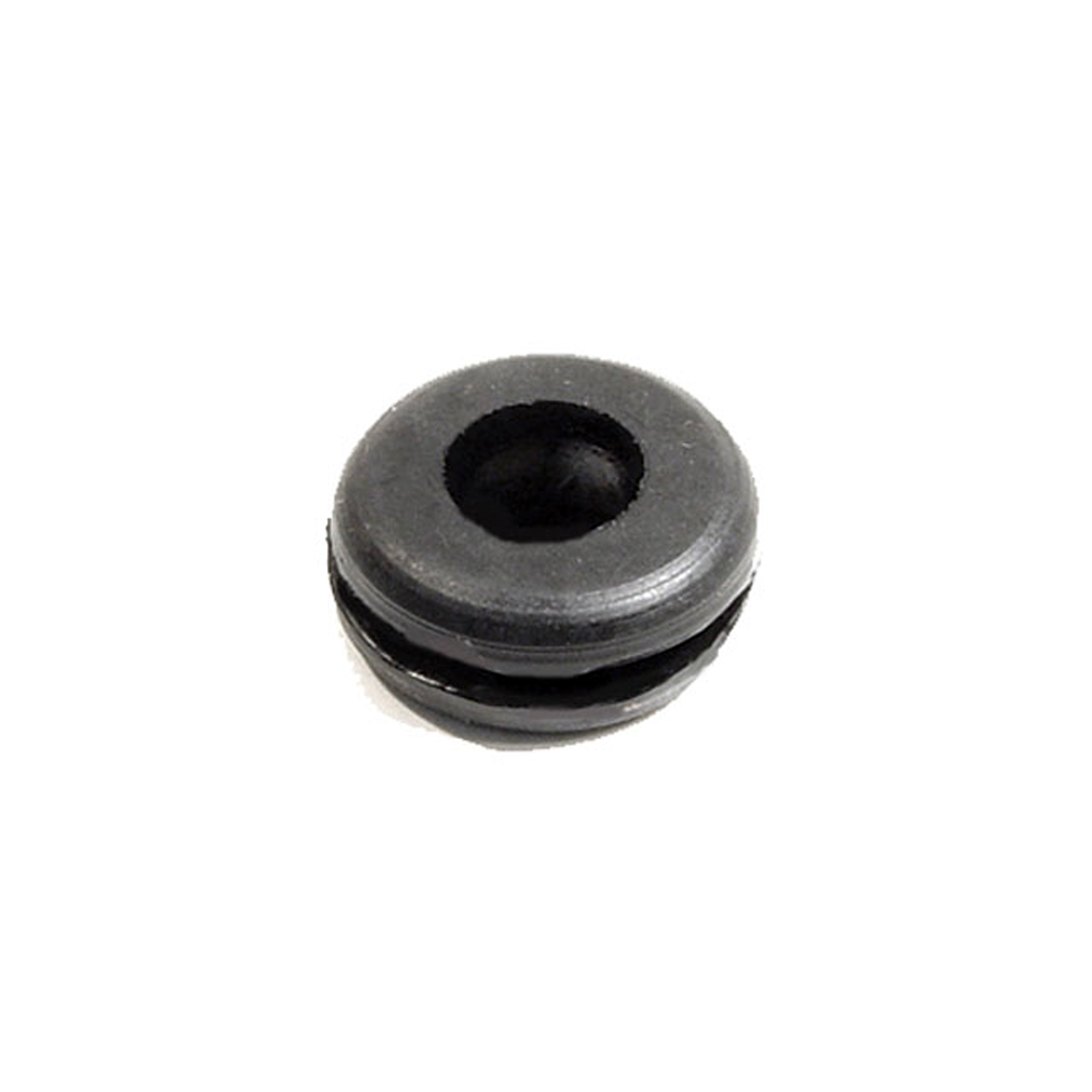 1931 Studebaker Six Model 53 Headlight & Tail-Light Wire Grommet. 3/8" I.D., 7/8" O.D-SM 13-AHeadlight & Tail-Light Wire Grommet. 3/8" I.D., 7/8" O.D. Each
1931 Studebaker Six Model 53 Headlight & Tail-Light Wire Grommet. 3/8" I.D., 7/8" O.D-SM 13-AHeadlight & Tail-Light Wire Grommet. 3/8" I.D., 7/8" O.D. EachWhy Choose Metro?
For over 100 years, Metro Moulded Parts has been the pinnacle of quality in classic car restoration parts. Our commitment to precision and authenticity in every component ensures a perfect fit and an OEM-level appearance.
- Expert Craftsmanship & Quality: Each part is a testament to our dedication to reliability and perfection, crafted from original designs and thoroughly tested.
- Advanced Technology: We use cutting-edge techniques to create flawless, long-lasting parts that surpass others in performance.
- SuperSoft Sponge – The Ultimate Door Seal: Not only are our door seals 30% softer than competitors', but they're also guaranteed to never leak. They effectively reduce wind and road noise, enhancing your classic car's comfort and driving experience.
- Proudly American: Our parts are a product of American craftsmanship, made in the USA with a spirit of excellence and heritage.
- Unrivaled Warranty: We back our products with a 30-year industry-leading warranty, a testament to our confidence in their quality.
Join us in preserving the legacy of classic cars with parts that are crafted for perfection, not just made.

